Reconnaissance is one of the most important pre-production activities when planning to do a video shoot, but it’s something that both videographers and clients often overlook. What is it, why is it important, and how should you go about it?
The fancy term reconnaissance is one of those French-origin words that we all wish we’d get to use more. The original French word is reconnaître, which means to recognize. You can therefore see why the English version means to conduct an initial survey of an area. It is assumed that when you return to an area you’ve surveyed before, you will “recognize” it, hence the borrowed use of the word. When it comes to videography, a successful project is dependent on a lot of factors. The last thing any sensible person would want is to increase the chances of failure by realizing problems or constraints on the day of the shoot itself.
Here are the 7 sets of key considerations to keep in mind and cross-check against when conducting reconnaissance.
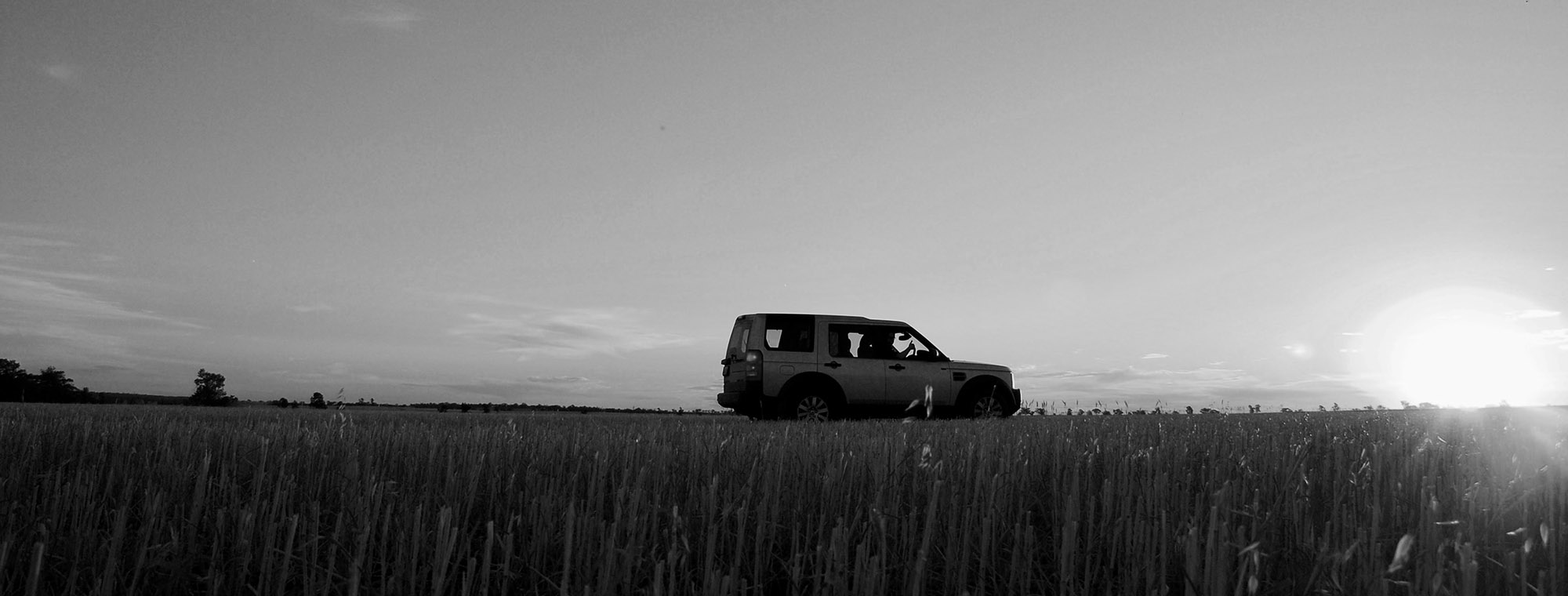
1. Access
This is often assumed or taken for granted, but the first thing to pay attention to is access to the shooting location. Here are questions to ask:
- Is it a private or public space? Will you need a license or permit to shoot?
- If it’s a private property, what should the crew say at the gate?
- What identification documents may be needed in order to be granted access to the space?
- Are there time restrictions? Can the crew arrive early, and leave late?
- What are the roads like? How about on rainy days?
- How far is the location from where the crew will be coming from?
- Is the traffic especially bad on certain days or at certain times? How does this factor into the plan?
- Are there notorious police checks along the way that the crew should be aware of?
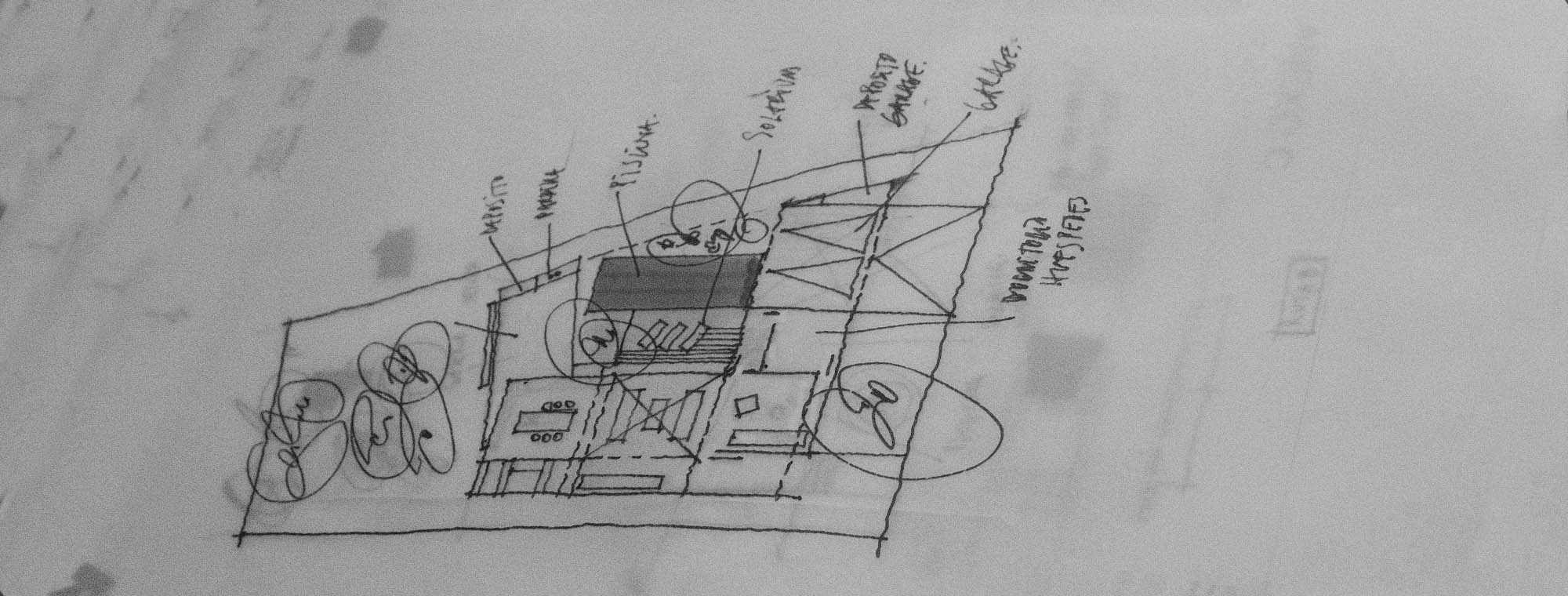
2. Shooting spots
No matter how spacious a location is, there’s usually only a handful of spots to actually shoot from. Here’s what you should look out for:
- Is it indoors or outdoors? Or both?
- Will you need the background to be prominent, or do you need to focus on the subject?
- How can you maximize the use of leading lines?
- Is there enough space to separate the subject from the backdrop?
- Is there a likelihood of things unexpectedly moving in the background?
- Will movement in the background be distracting or can it contribute to the story?
- If shooting will be done outdoors, what if the weather isn’t conducive?
- If multiple cameras will be used to take different angles of the same scene, where could they be optimally placed relative to the optimal subject position?
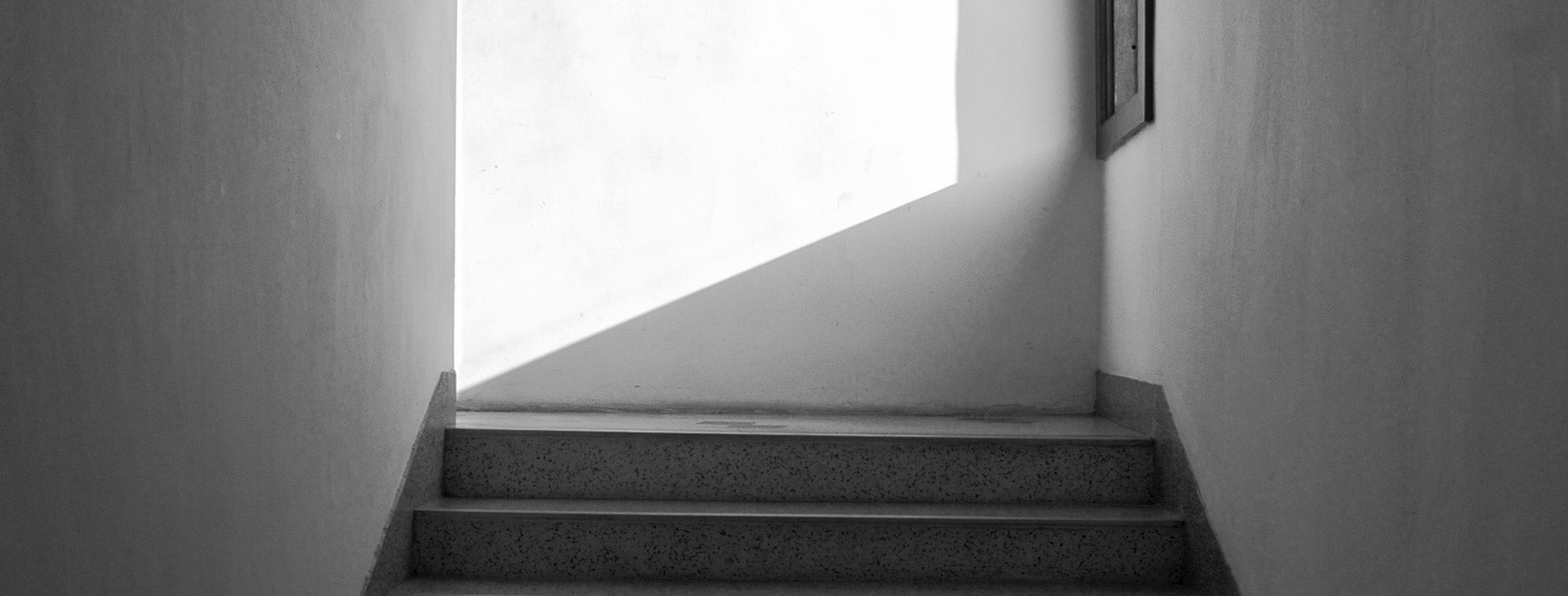
3. Light
The whole point of a lens is to focus light. Without light, there is no visual storytelling. It therefore is essential that lighting be factored in to the reconnaissance.
- Whether indoors or outdoors, how well are the shooting spots lit?
- How are the shooting spots oriented relative to where the sun rises and sets?
- If outdoors, will it be necessary to use ND (Neutral Density) filters?
- If indoors, is the shooting spot better lit in the mornings or evenings?
- Will you need additional lights and reflectors to better light the scenes?
- If you’ll need to block window light using curtains, what are the colors of the curtains? Do they tint the general light in the room when partially or fully closed?
- Does the space have other lights such as table and floor lamps that could be used to add interest?

4. Wardrobe
The idea is not to rummage through someone’s wardrobe during reconnaissance. Many times, the shooting spot won’t even be a place that has wardrobes. Here’s what you need to think about:
- Based on the colorfulness (or lack thereof) of the shooting spots, what clothing colors would be best for your intended effect?
- Would you want the subject to blend in to the background, or stand out?
- What would work best for the subject’s skin color and complexion?
- If outdoors, what colors would be risky if the sun were too bright?
- In case the lighting or weather changes, what alternative wardrobe options should the subject consider?
- If the subject is meant to be shot “in their element,” do they have their apparel ready for this?
- Is there a place to quickly and privately change wardrobe?
- Will a makeup artist and hair stylist be needed, or can the subject do it themselves?
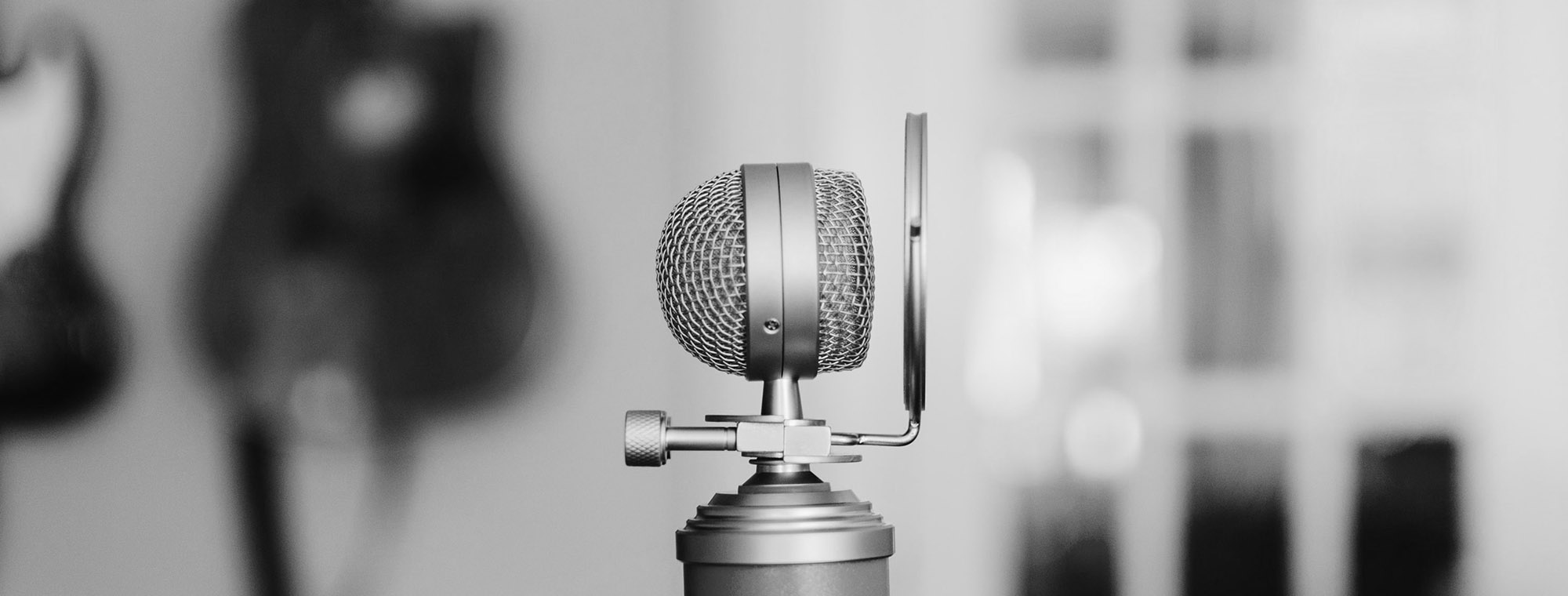
5. Sound
Sound is the hidden soul of good videography. Light may be important, but sound can make or break a video if you don’t give it the attention it needs. Here’s what to check:
- Is the location noisy or quiet?
- What kind of noises can be heard? Birds? Traffic? Sirens? Wind? All these may either contribute to the story, or detract from it.
- Is noise coming from one direction or all around?
- If it’s coming from one direction, is the shooting spot towards that direction or away from it?
- Will the camera be pointed towards the direction of the noise or away? This will help you determine whether to use a unidirectional microphone pointed at the subject, or something like a lapel mike so that the subject blocks the noise with their back.
- If the noise is coming through a window or door, can it be blocked with a sound blanket? Will there be enough artificial light to compensate for this?
- If indoors, is there an echo? Is the floor carpeted or hard?
- If it’s a home, are there children? Can they be kept busy or is it okay if they occasionally feature in the background?
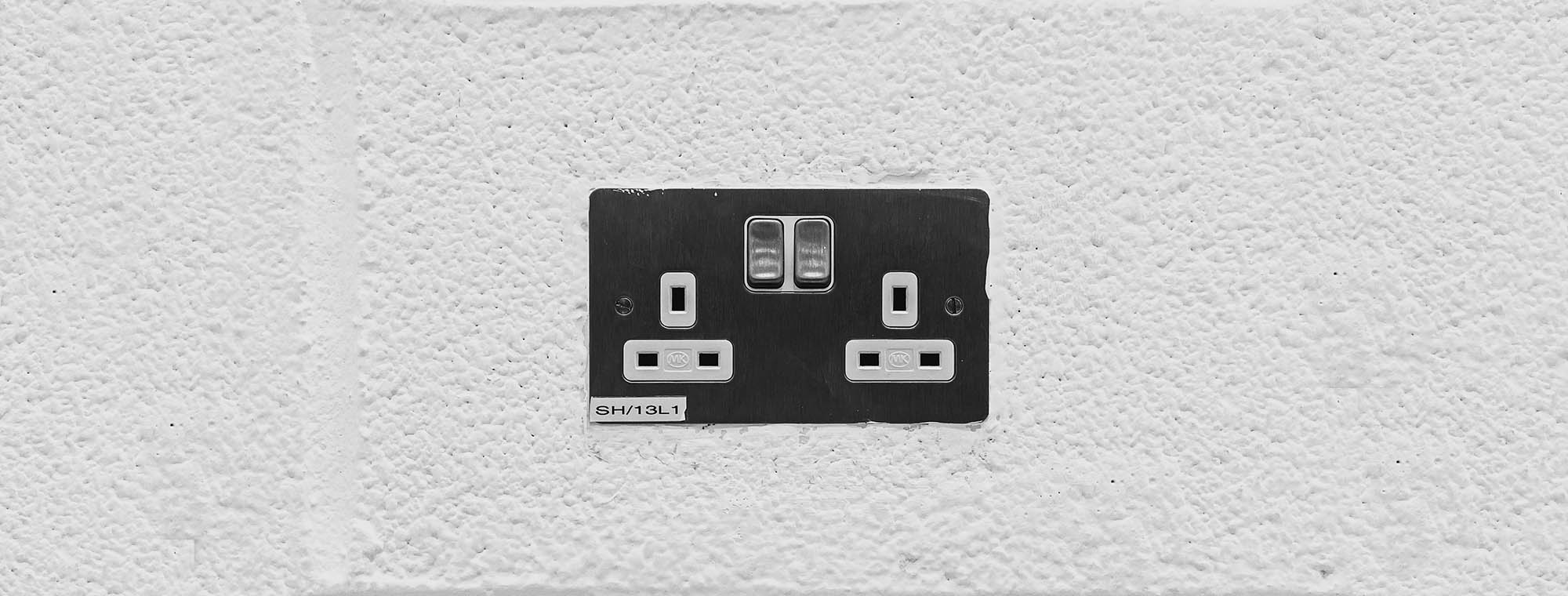
6. Electricity
Unless you’re still shooting your video with equipment from 100 years ago, you’ll need enough electric power for the duration of the shoot.
- Shooting outdoors? Is there a building with electric sockets anywhere nearby?
- If not, will there be enough batteries for all the equipment that needs power?
- If you’ll be using artificial light, are there power points close by, and long enough cables?
- Does the area experience frequent power outages? Confirm if possible that there’ll be no a scheduled outages on the day of the shoot.
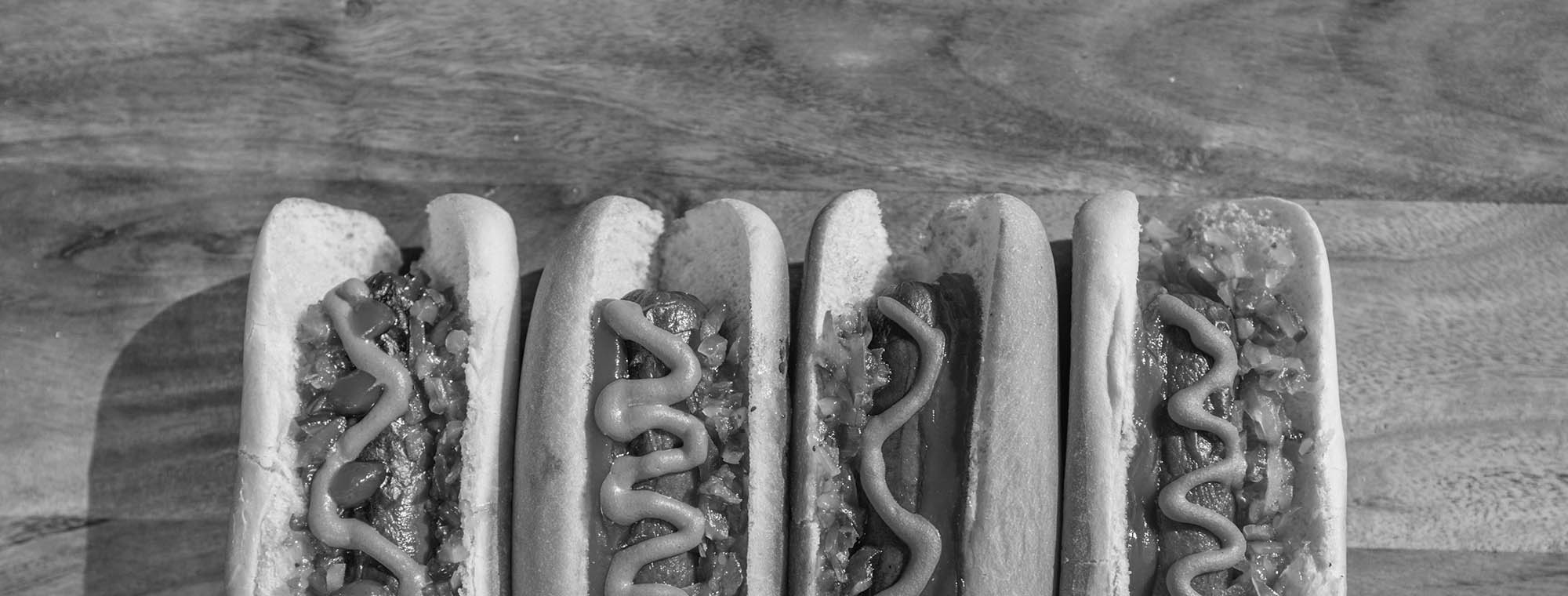
7. Food
Last but not least, is food. At our enterprise, we have a rule: though shall not work on an empty stomach. We highly recommend that food considerations be made so that the crew can bring their best selves to work:
- Is food available on location or nearby?
- If it’s someone’s house, are they willing to provide food, water, and snacks?
- If neither of the two are true, who will be in charge of buying and packing food and drinks for the shoot?
- Also consider carrying stomach stabilizers, i.e. Eno and charcoal tablets in case someone ends up having a stomach upset.
Remote Reconnaissance
Due to the COVID-19 pandemic requiring as little in-person contact as possible, it is worth considering remote reconnaissance. Not only is it possible if well planned, it is also a more cost-effective way since you don’t have to spend any amount of time traveling to the location. All you need is good internet connectivity and a willing client or subject on location. A guided video call following the checklist above as the person on location walks around the space can achieve the same results as an in-person visit.
Your Thoughts?
What do you think of these pointers? Learnt something new? Or perhaps you have a tip of your own to share? We’d be thrilled to hear your comments below.
Keep the lens rolling.